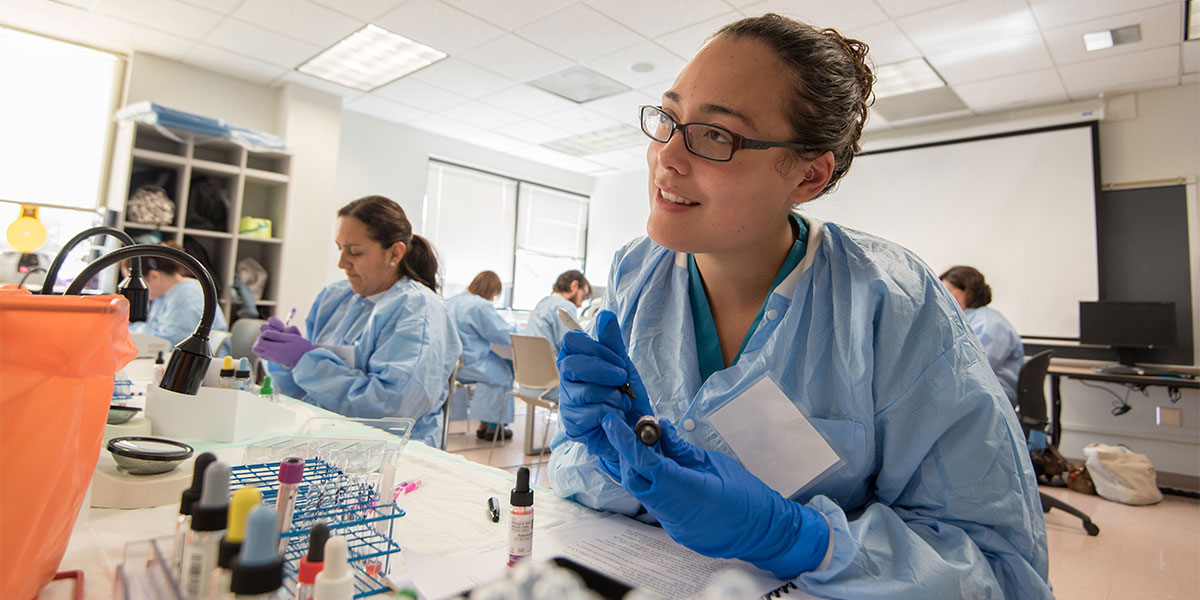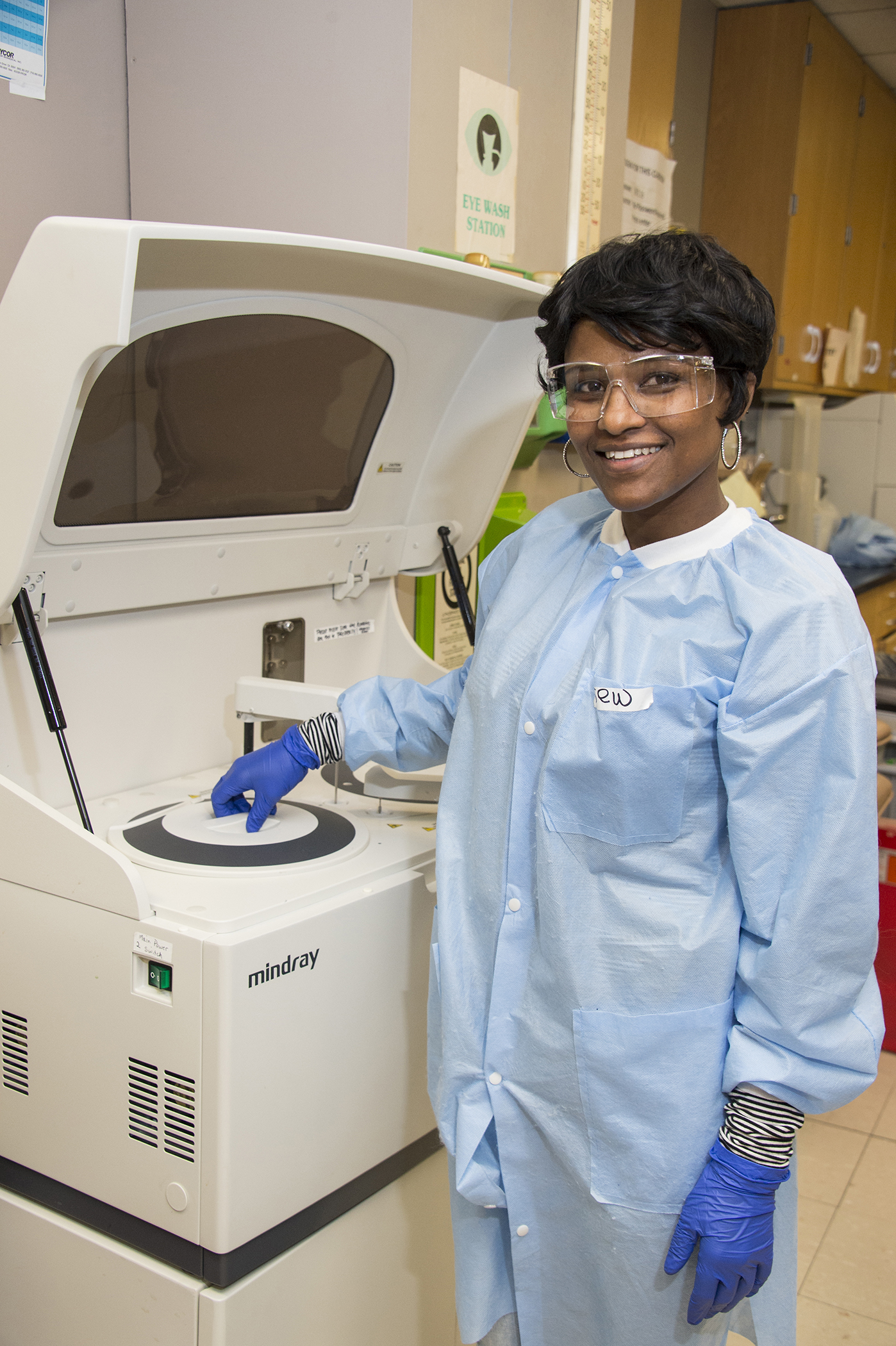

Supervise or train medical laboratory techniciansīoth technicians and technologists perform tests and procedures that physicians and surgeons or other healthcare personnel order. Discuss results and findings of laboratory tests and procedures with physicians. Log data from medical tests and enter results into a patient’s medical record. Use automated equipment and computerized instruments capable of performing a number of tests at the same time. Operate sophisticated laboratory equipment, such as microscopes and cell counters. Study blood samples for use in transfusions by identifying the number of cells, the cell morphology or the blood group, blood type, and compatibility with other blood types. Analyze body fluids, such as blood, urine, and tissue samples, and record normal or abnormal findings. 
Medical laboratory technologists and technicians typically do the following:
Work/respond in stressful/emergency situations. Must possess organizational skills and be able to prioritize. Hear within normal range with/without corrective devices (able to hear bells, buzzers, warning devices, and timers). Be mobile, able to stand long hours, lift 20-30 lbs. To see through a microscope accurately, to differentiate colors/stains/special stain reactions. MLT students must be able to meet the following essentials: These are the essential non-academic requirements of the MLT Program, “that the student must master to successfully participate in the program and become employable.” Failure to be accepted into clinical facilities may jeopardize the student’s ability to complete the program. Based on the information obtained, these facilities can refuse student access. Clinical facilities used by the program may require students to submit to background checks and drug screenings before they are allowed in the facility. Students are required to purchase liability insurance and appropriate uniforms for clinical practicum. It is highly recommended that students take BIOL 1107K and BIOL 2251K prior to enrolling in the BIOL 2252K based on Science background.Īssignment to affiliated hospitals is determined by the MLT faculty. 
It is HIGHLY recommend that all pre-req’s be completed before entering MLT major courses. Students must complete all learning support, MATH 1111 and BIOL 2252K prior to entering MLT major courses.
 Achieve a 2.5 GPA on general education courses. Become acquainted with policies pertaining to college and hospital regulations as set forth in the MLT Student Handbook. Satisfactorily complete all chemistry requirements and clinical courses before beginning clinical practicum at an affiliated hospital. (Information distributed in MLTS 1101, Introduction to Health Sciences/Phlebotomy.) Additional requirements, after acceptance in to the MLT program, will involve a background check and drug screen at the students cost.
Achieve a 2.5 GPA on general education courses. Become acquainted with policies pertaining to college and hospital regulations as set forth in the MLT Student Handbook. Satisfactorily complete all chemistry requirements and clinical courses before beginning clinical practicum at an affiliated hospital. (Information distributed in MLTS 1101, Introduction to Health Sciences/Phlebotomy.) Additional requirements, after acceptance in to the MLT program, will involve a background check and drug screen at the students cost. MEDICAL LABORATORY TECHNICIAN SCHOOL SKIN
Students will be required to have up to date immunizations and obtain a TB skin test once accepted into the program.
Procure a physical examination form from the MLT department after being accepted into the program, have a personal physician complete it, and forward the completed form to the MLT program director before the clinical practicum begins. Apply and be accepted to Dalton State College and meet all regular A.A.S. (Prospective MLT students who lack a strong science background may also be required to complete BIOL 1107K before progressing further than MLTS 1101.) It is highly recommended that most, if not all, pre-requisites be completed prior to starting the MLTS major field courses, but at least MATH 1111 and BIOL 2252K. Contact the MLT faculty to schedule an interview and a career interest/options guidance session. A candidate for the Associate of Applied Science degree in Medical Laboratory Technology must follow the required procedure for admission to the College and, in addition, is required to:








 0 kommentar(er)
0 kommentar(er)
